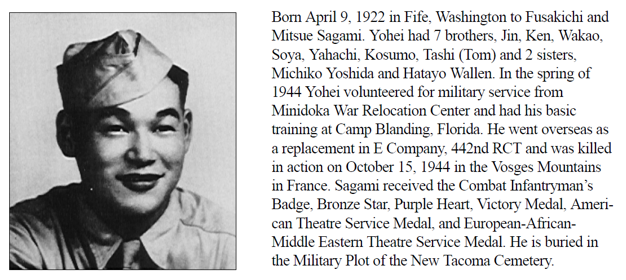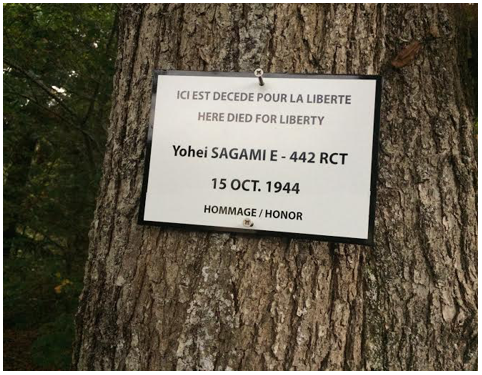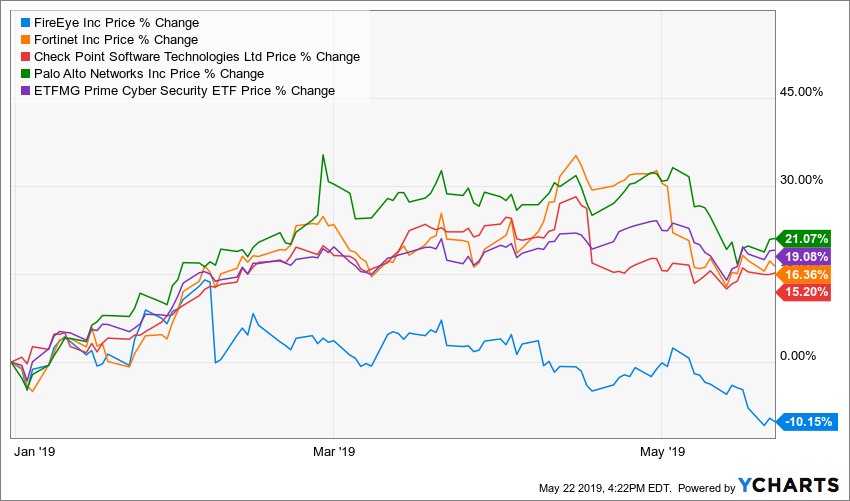What do you have planned for the three-day Memorial Day weekend? Hit the beach, indulge in good food and drink at a family BBQ, or take in a baseball game?
“This is easily the most poignant — and profitable — Memorial Day post I’ve ever read.” — Martin Weiss, Founder of Weiss Ratings.
Whatever your plans, I hope you enjoy yourself. But I hope you take a few moments to reflect on the true meaning of Memorial Day.
Memorial Day, originally known as “Decoration Day,” was created in 1868 in order to commemorate the Union and Confederate soldiers who died during the Civil War. Today, it honors all the American servicemen and servicewomen who sacrificed their lives for our country. But as the years go by, the true meaning of Memorial Day has increasingly gets overlooked by many.
Memorial Day has become an extra day off from work that focuses on grilled foods, discounts on clothing and appliances, and professional and backyard sports. It used to be a solemn day to reflect and remember the brave men and women who gave their lives for America’s values and freedom.
This year, I hope we can all incorporate more of the latter into our increasingly busy schedules.
For me, Memorial Day is a nostalgic, solemn day.
“Freedom is never more than one generation away from extinction. We didn’t pass it on to our children in the bloodstream. The only way they can inherit the freedom we have known is if we fight for it, protect it, defend it, and then hand it to them with the well-thought lessons of how they in their lifetime must do the same.”
— Ronald Reagan
America is a nation of immigrants. Most of us can trace our roots to a land other than the United States. For many Americans, this means European ancestry.
I can’t claim any lineage to the Mayflower, nor did any of my ancestors cross the vast Midwest prairie in covered wagons. Like yours, however, my ancestors came to America in search of a better life.
My grandfather, Fusakichi Sagami, was from Hiroshima, Japan. He traveled across the Pacific Ocean in 1893 as a kitchen helper on an American sail-powered freighter. He continued to work in kitchens on any ship that would hire him, including a short stint on the naval schooner U.S.S. Augustus.
He married Mitsue, a picture bride, in 1906. They started a small vegetable farm in western Washington and produced 10 children, including my father, Ken.
Fusakichi, Mitsu and their 10 children were among the 110,000 American citizens of Japanese ancestry held in the World War II internment camps.
Despite being unjustly imprisoned and stripped of his land, Fusakichi believed so strongly in America that he ordered all his sons to volunteer for the U.S. Army.
“You may die, but you must do this to prove that we are loyal to America,” he told his eight sons from behind the barbed-wire walls of the Minidoka War Relocation Center in Idaho.
Six of the eight Sagami boys joined the U.S. Army, and all of them fought in the highly decorated 442nd Infantry Regiment.
My family was fortunate. Only one of those Sagami boys, Yohei Sagami, didn’t make it home. He was killed in France in 1944.

Another soldier saw Yohei killed and described it for posterity.
“So artillery shells, now I hear this one coming in, boom. That was incoming. I found out what incoming was.
“But when you hear it, little fluttering going on, that’s outgoing, that was our guns going. But when you hear something go [makes sound effect], that’s incoming.
“So when that came in, blew me up and I was over there, 10 feet, and ached all over, and got up, sores all, looked, and I got a nick here.
“But I looked down, Yohei Sagami from Wenatchee, Wash., was talking; we were talking what are we going to do when we get out and this and that.
“He’s laying down, facedown, I picked him up, turned him over, he got hit in the jugular vein, and the pulse, blood was coming out every time he’d, pulse beating. And I couldn’t stop it without choking him.
“I tried to put a pad on there, but still, he couldn’t breathe, and had relaxed, but blood was coming out. Medics came, but he died, he’d lost too much blood, he died.
“So that was my, one of my first buddy dying.”
Yohei Sagami was posthumously awarded a Silver Star and Bronze Star. He was 22 years old, never married, no children.
Family friends tell me that my grandmother was never the same after Yohei died. She wore his dog tags around her neck and rubbed the metal completely smooth over the next 50 years of her life. It was almost like she was self-medicating the hole that his death left in her heart.
“And they who for their country die shall fill an honored grave, for glory lights the soldier’s tomb, and beauty weeps the brave.”
—Joseph Drake
Yohei is buried in Tacoma, Wash., next to Fusakichi and Mitsue Sagami, and about 100 feet away from my father and mother.
I never met my Uncle Yohei, but our family continues to honor his service and sacrifice every Memorial Day. In fact, I came within a whisper of joining the military myself.
I turned 18 during the tail end of the Vietnam War, and my father pushed me to go the ROTC route for college. I reluctantly signed up for Navy ROTC and received an appointment, but I dropped out eight days before the start of my freshman year, succumbing to the pleading tears of a now long-gone high school girlfriend.
My quitting ROTC disappointed my father so badly that he didn’t talk to me until Christmas of that year. Of course he loved me, but I’m not sure he ever fully forgave me.
So what’s this got to do with investing?
My father died at 93 years old in 2009, and I know he would be disgusted at the government snooping on our phone calls and emails, the IRS’s abuse of power and other intrusions on the freedom that the Sagami boys fought for in World War II.
Strong feelings mean opportunity for companies that help people who don’t want the government sticking its nose into our lives; especially our electronic lives.
Remember … people won’t use technology they don’t trust. Companies like Google (GOOG), Facebook (FB), Apple (AAPL), Yahoo! (YHOO) and Twitter (TWTR) have already admitted giving the government access to our personal information.
On the other side of that spectrum are companies whose business is to protect private information from prying eyes.
That list includes four firms that provide internet security solutions for corporations that you may be doing business with: FireEye (FEYE), Fortinet (FTNT), Check Point Software Technologies (CHKP) and Palo Alto Networks (PANW).
FEYE is a $14.50 stock, FTNT is trading at about $82, CHKP is trading for about $118 and PANW is trading in the $228 area.
If you’re more of an ETF investor, take a look at PureFunds ISE Cyber Security ETF (HACK).

PANW is up the most year-to-date, with a 21% gain. HACK is a close second with 19%. FTNT and CHKP are up more than 15%, while FEYE lags the group with a loss.
Of this group, FTNT sports the highest Weiss Rating, with a “B” (“Buy”) grade.
Of course, timing is everything, so I suggest that you wait for my buy signals. But personal privacy and online security are going to be one of the biggest, most profitable businesses going forward. Look for ways to get them into your portfolio.
Freedoms, including the right to privacy, are what my uncles and hundreds of thousands of other American soldiers fought for. And I hope all of us can take a few moments out of our holiday to remember those fallen veterans.
Best wishes,
Tony Sagami




